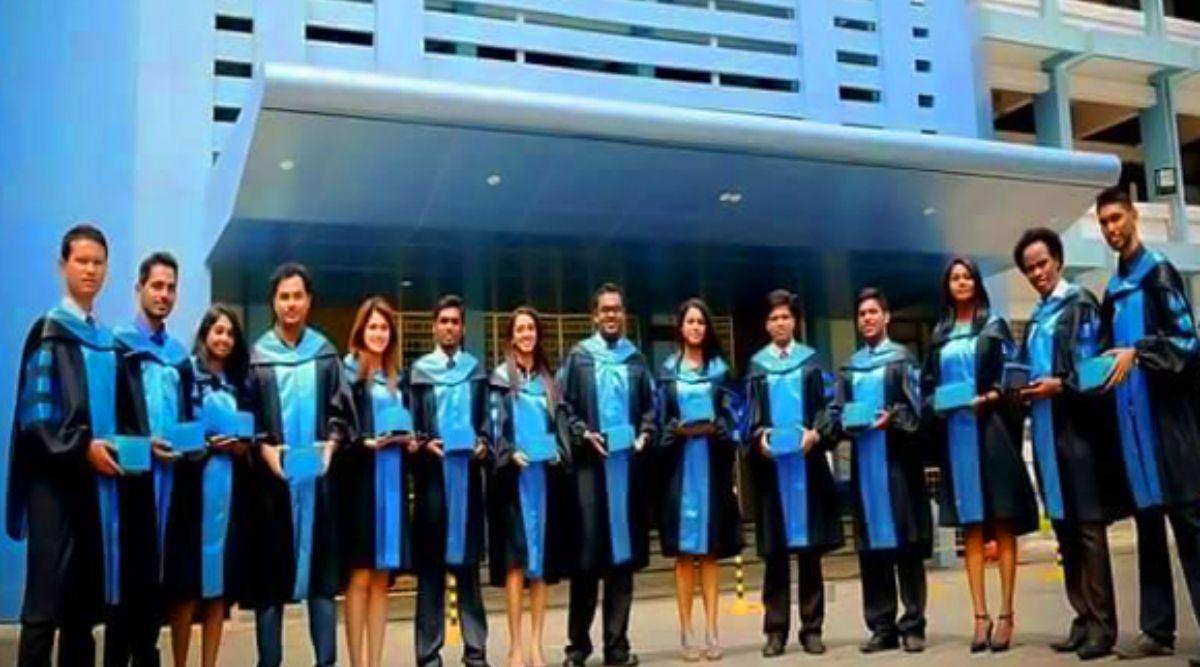Selecting the right international school in Riyadh is a significant decision for families seeking quality education with a global perspective for their children. Riyadh, the capital of Saudi Arabia, has a variety of international schools that cater to diverse educational needs and cultural backgrounds, making it a hub for expatriates and locals alike who desire an international education for their offspring.
This comprehensive guide aims to navigate you through the process of choosing the ideal international school in Riyadh, focusing on crucial factors such as the curriculum, environment, and overall educational philosophy. With the increasing demand for a curriculum that aligns with global standards, particularly the American education curriculum, it’s essential to make an informed decision that best suits your child’s needs and future aspirations.
Understanding the Landscape
International schools in Riyadh offer a range of curricula, including British, American, IB (International Baccalaureate), and others, catering to the city’s diverse expatriate community. Each curriculum has its unique approach to education, emphasizing different areas of learning and development. The American education curriculum, known for its holistic approach, focuses on not only academic excellence but also on the personal growth of students, preparing them for global challenges.
When choosing an international school in Riyadh, it’s crucial to consider the curriculum’s alignment with your child’s learning style and long-term educational goals. Schools following the American education curriculum often offer a balanced program that encourages critical thinking, creativity, and social responsibility, making it a popular choice among parents.
Key Factors to Consider
Accreditation and Curriculum
When choosing an international school in Riyadh, verifying accreditation and the curriculum is paramount. Accredited schools meet rigorous standards, ensuring a high-quality education. For those inclined towards the American education curriculum, accreditations from the Middle States Association of Colleges and Schools (MSA) or the Council of International Schools (CIS) are indicators of excellence and compliance with international educational standards. These accreditations ensure that the curriculum is comprehensive, up-to-date, and designed to foster global citizenship, critical thinking, and academic excellence.
Faculty and Staff Qualifications
The quality of education significantly depends on the faculty and staff’s qualifications and experience. A school’s commitment to hiring qualified, experienced educators who are experts in delivering the chosen curriculum is essential for creating a supportive and enriching learning environment.
Investigate the professional development opportunities provided to teachers to keep them abreast of educational innovations and teaching methodologies. A strong emphasis on continuous improvement and teacher training reflects a school’s dedication to excellence and its ability to adapt to the evolving educational landscape.
Facilities and Extracurricular Activities
High-quality facilities and a broad range of extracurricular activities demonstrate a school’s commitment to holistic education. Modern classrooms, science labs, libraries, and sports facilities are essential for a stimulating learning environment. Extracurricular activities, including sports, arts, music, and clubs, play a crucial role in developing students’ interests and talents beyond the academic curriculum. Investigate the school’s achievements in these areas and how they integrate these activities into the daily schedule.
Community and Support Services
The ideal international school in Riyadh fosters a supportive community for students, parents, and staff. This includes comprehensive counseling services, special education support, and active parent-teacher organizations that encourage a collaborative educational environment.
Look for schools that prioritize mental health, cultural diversity, and inclusivity, offering programs that support students’ emotional and social needs. The presence of a vibrant, engaged community with frequent events, workshops, and opportunities for parental involvement is indicative of a nurturing environment.
Language Support
For non-native English speakers, robust language support programs are critical to academic success. Check if the school offers comprehensive ESL (English as a Second Language) programs or additional language classes that complement the core curriculum and support linguistic diversity. These programs should be designed to integrate students seamlessly into the academic community, enhancing their English proficiency while respecting their native language and culture.
The availability of advanced language courses for native speakers and language acquisition programs for additional languages reflects the school’s commitment to preparing students for a globalized world, enhancing their communication skills, and fostering multicultural understanding.
Making the Choice
Visiting potential schools is an invaluable step in the selection process. It allows you to experience the school’s atmosphere, meet the faculty, and possibly interact with other parents and students. During visits, observe the interaction between staff and students, the cleanliness and safety of the premises, and the overall vibe of the school community. These firsthand observations, combined with thorough research, will guide you in making a well-informed decision.
Choosing the right international school in Riyadh is more than just selecting an educational institution. It’s about picking a community that will shape your child’s future. Whether you lean towards the American education curriculum or another, the key is to find a school where your child will be nurtured, challenged, and inspired to reach their full potential.
The journey to finding the perfect international school in Riyadh for your child involves careful consideration of various factors, including curriculum, faculty qualifications, facilities, and the overall school environment. With the right approach and resources, you can identify a school that not only meets your academic expectations but also supports your child’s personal growth and development. Remember, the goal is to provide your child with a nurturing environment where they can excel academically and prepare for the global challenges ahead.






